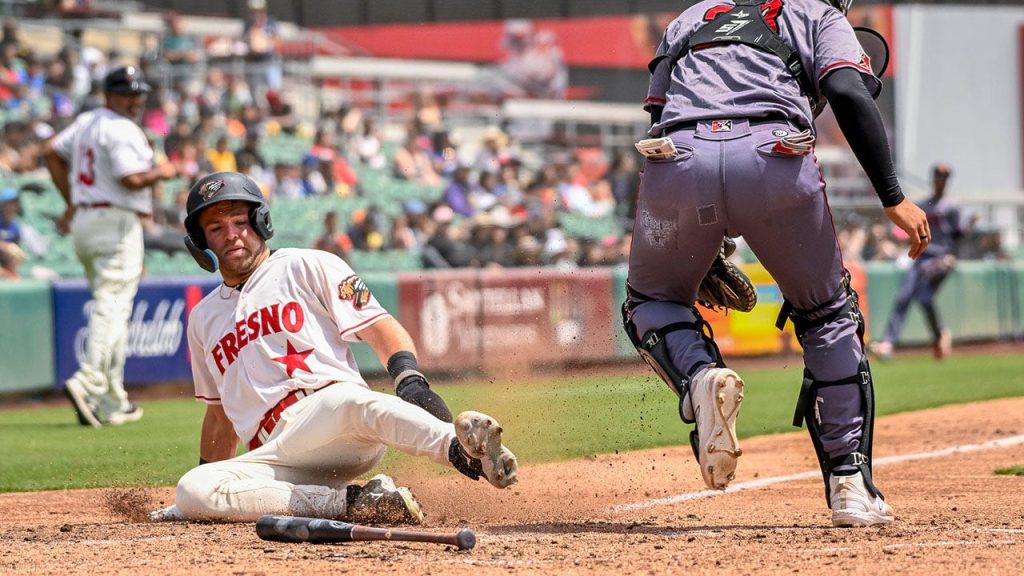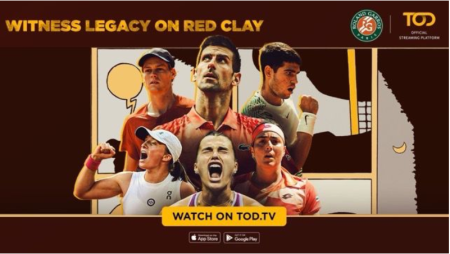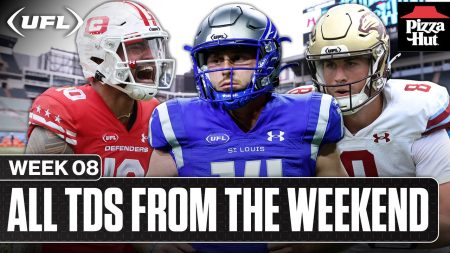The Fresno Grizzlies, a minor league affiliate of the Colorado Rockies, found themselves embroiled in a discrimination lawsuit over a “Ladies Night” promotion from last season. The lawsuit, filed against the team, centers on an event on May 25, 2023, where female fans were allowed into the ballpark for free, while men and “nonbinary persons” had to pay for entry. The plaintiffs, Harry Crouch and Christine Johnson, argue that this promotion sexualized female fans and treated them as mere bait to attract male attendees, resulting in unequal treatment based on gender.
Alfred Rava, the plaintiffs’ attorney, criticized the Grizzlies for their “ill-conceived” promotion, claiming it exhibited misogyny, exorsexism, and misandry by treating female, nonbinary, and male fans differently solely based on their gender. Kevin Little, an attorney from Fresno, stated that any organization holding similar events could be at risk of violating the Unruh Act, a California law that prohibits discrimination based on various factors, including sex and sexual orientation. The Grizzlies did not initially respond to the lawsuit or requests for comment from Fox News Digital.
Despite the legal controversy, Fresno fans enjoyed a successful game where the Grizzlies defeated the Stockton Ports 10-2. However, the team decided not to include Ladies Night in their promotions for the 2024 season. The lawsuit has sparked discussions about gender equality and fair treatment in promotional events held by sports teams and other organizations. It highlights the importance of compliance with anti-discrimination laws and avoiding practices that may alienate certain groups based on gender or other protected characteristics.
The case raises questions about the implications of gender-specific promotions and whether they contribute to gender stereotypes or discrimination. Some argue that such events can perpetuate harmful gender norms and reinforce unequal treatment based on gender. Others may view Ladies Night as a harmless marketing strategy aimed at attracting more fans and increasing attendance at games. The legal proceedings will likely shed light on the interpretation of anti-discrimination laws in the context of promotional events, and the outcome could have implications for how similar promotions are conducted in the future.
As the lawsuit against the Fresno Grizzlies unfolds, it serves as a reminder of the importance of promoting inclusivity and fairness in all aspects of sports and entertainment. Organizations must be mindful of the potential implications of their promotional activities and strive to create an inclusive environment for all fans. The outcome of this case will be closely watched by legal experts, sports fans, and advocates for gender equality, as it has the potential to set a precedent for how gender-specific promotions are handled in the future. In the meantime, fans and stakeholders in the sports industry will continue to engage in discussions about diversity, inclusion, and fair treatment in the world of sports and entertainment.















